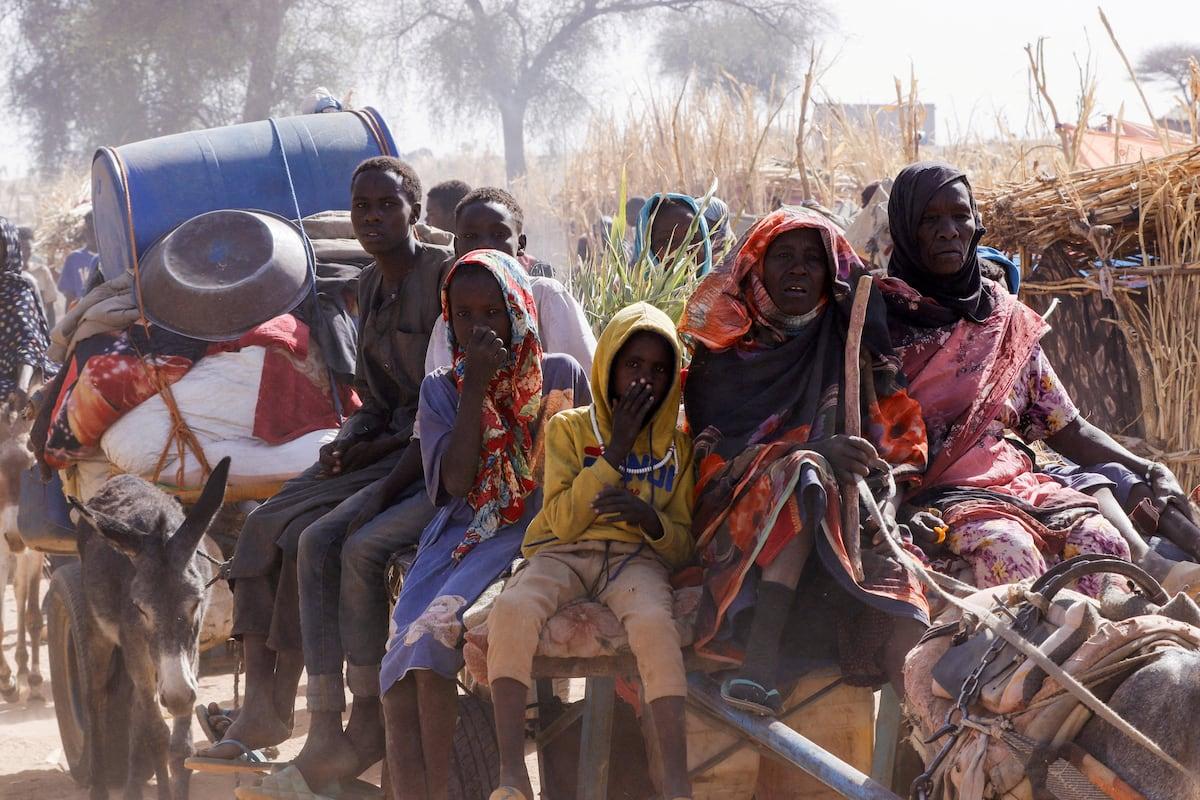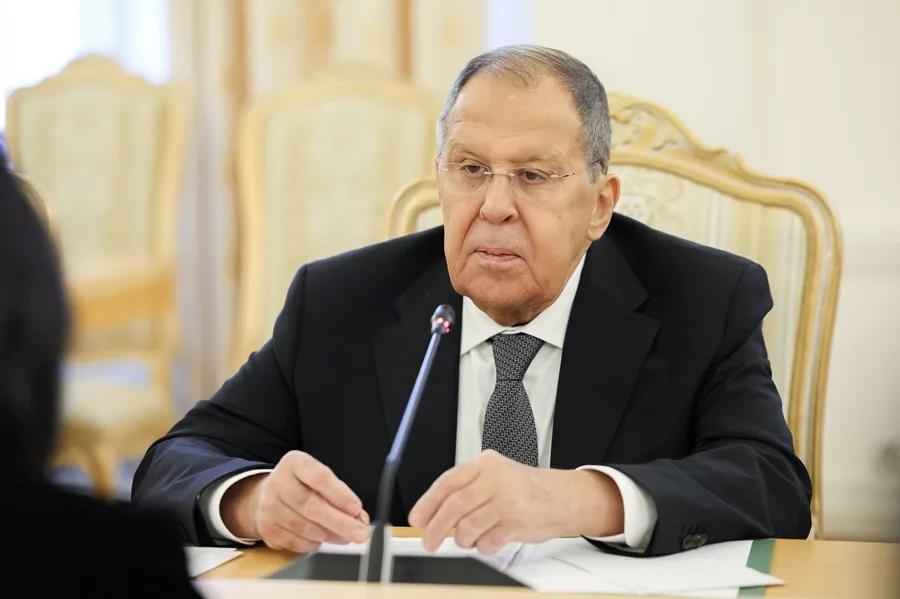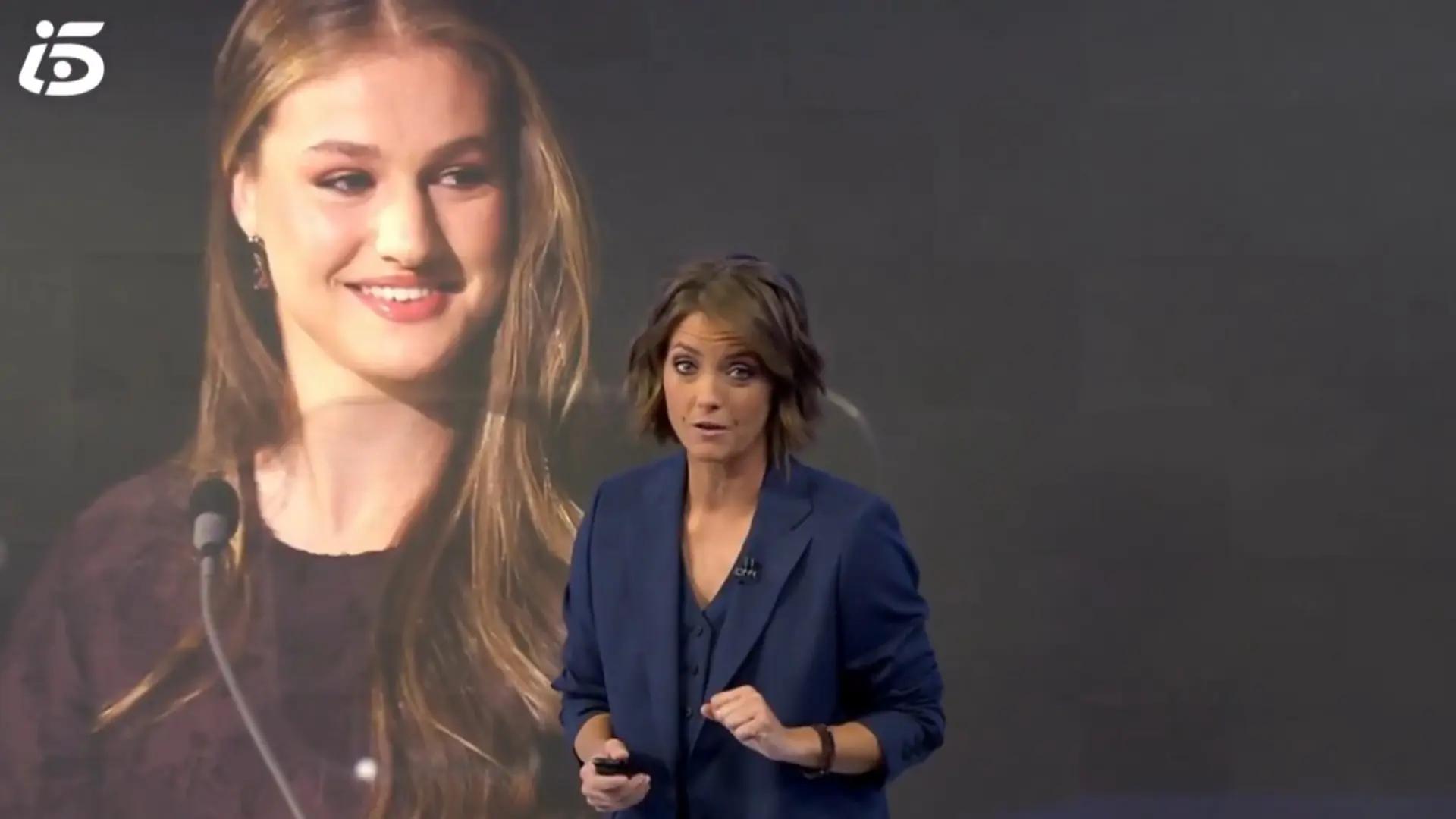The attack on strategic El Fasher was accompanied by widespread violence against civilians.
Sudan Revews said the capture of the city's largest arfur was out of their control
The frustration of the strategic El Fasher was accompanied by widespread mistakes of the civilian population
The Sudanese Rapid Support Forces Rebels Rebels on Sunday took control of the strategic headquarters of Darrur in Darfur in the west of the war from the West Civil War two and a half years ago. The advance of these paramilitaries comes, in recent months, they have increased their siege of the town, where there are about 260,000 people who remain trapped, half of their children. The progressof rebel forces accompanied by widespread brutality of the population. If confirmed, the definitive fall of this city will consolidate the fracture of Sudan in two halves. The army has not yet commented on the alleged capture of El Faster.
According to the Sudanese media, the center of the 6th Infantry Division continued its attack on Sunday, and during the attack many defenses of the front were carried out.Soldiers and some installations of local fighters and groups of origin of the Recipient controlled the majority of the population and controlled the majority of the population.
Rapid Support Forces have stepped up their offensive in the town since the army recaptured the capital Khartoum and all of central Sudan in April.El Fasher, the paramilitary group's main stronghold and the only capital of Darfur's five states, was not captured until late 2023. But despite more than 500 days of resistance, the military's ability to defend the city is today so depleted and exhausted that it is only occasionally resupplied by increasingly complex and ineffective airlift.Aided by mercenaries and backed by the United Arab Emirates, which denied involvement, the paramilitaries were able to expose the city to relentless attacks that would soon be completely reduced.
As has happened in its previous offensive, the pro-force forces quickly committed widespread atrocities.The Sudanese Doctor Network warned on Monday that Paradise had executed at least dozens of civilians Sunday night for ethnic reasons.The Center for Humanitarian Research at Yale University (HRL) has identified possible inmates at the airport.And armed fighters released a video of the capture of local journalist Al Jazeera in Moamar Ibrahim, the only person in the city.However, communications at Elffer have been cut off since Sunday and the exact extent of the violence remains unknown.
In the past, the Rapid Support Force falsely claimed that there were no civilians in al-Fashira and declared protected areas such as hospitals and mosques as military facilities.In recent weeks, the group has increased its attacks on civilian facilities, including shelters, public kitchens, mosques, a market, the city's only functioning medical center and residential areas, killing dozens of people.One such attack in mid-October affected metal wagons used as makeshift homes.and several people, including children, were burned alive, according to a local group.
According to an analysis by Yale's HRL, when the paramilitaries began entering El Fasher, they also burned down houses, apparently because of racial profiling.When the war began, Rapid Aid Forces carried out a program of burning in more than a hundred towns and camps in Darfur, mainly non-Arab communities, such as Far, Masalit and Zaghawa.In 2023, between 10,000 and 15,000 paramilitary forces were captured in Al Jenina, the capital of West Darfur, and last January the United States declared that its operations in the region amounted to genocide.
Blockage of humanitarian aid
The paramilitary siege in al-Fisher, which included a blockade of humanitarian aid, led to months of food shortages, which in turn increased the cost of the little food that did not arrive through smuggling until recently.Local media have warned that the flow has completely stopped since mid-October and that even a vegetable mixture traditionally fed to cattle, which people have started using for lack of alternatives, is running out.Local groups have been registering multiple deaths from malnutrition every week for months.
In addition, rapid support forces this month completed the construction of a mud wall around Els, allowing them to control all entry and exit from the town.Local groups and the media also reported on the violence of the escape, including cases of kidnapping, robbery, sexual violence, and more murder.Many of those who ran died on the way, because the nearest towns were too far away.There are also reported cases of blood being drawn from the town.
For the paramilitary forces, consolidating control over the entire Darfur region would allow them to redirect their forces to the other main war front: Kordofan, a region divided into three states that runs from the center to the south of the country and serves as a base from which to again threaten central Sudan, including Khartoum.to lead the government they declared in areas under their control in August after announcing a presidential council headed by its leader, Mohamed Hamdan Dagalo.
Your subscription is being used on another device
Want to add another user to your membership?
If you continue to read on this device, you will not be able to read on another.
ArrowYour subscription is being used on another device and you can only access EL PAÍS from one device at a time.
If you want to share your account, change your subscription to Premium mode so that you can add another user.Everyone will log in with their own email account, which allows you to personalize your experience at EL PAÍS.
Do you have an enterprise subscription?Head here to sign up for more news.
If you do not know who uses your account, we recommend changing your password here.
If you choose to continue sharing your account, this message will appear indefinitely on your device and on the device of the other person using your account, affecting your reading experience.You can view the conditions for the digital subscription here.








